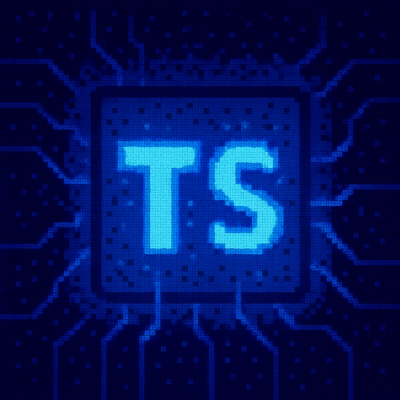
Security News
Critical Security Vulnerability in React Server Components
React disclosed a CVSS 10.0 RCE in React Server Components and is advising users to upgrade affected packages and frameworks to patched versions now.
@expo/plist
Advanced tools
@expo/plist
A macOS Plist parser/builder for Node.js and browsers.
Forked from this repo.
The 'plist' package is a popular alternative for parsing and building plist files. It supports both XML and binary formats and offers similar functionality to @expo/plist. However, @expo/plist is specifically tailored for use with Expo projects, making it a better choice for developers working within the Expo ecosystem.
The 'simple-plist' package provides a straightforward API for reading and writing plist files. It focuses on simplicity and ease of use, making it a good choice for developers who need basic plist functionality without the additional features provided by @expo/plist.
The 'bplist-parser' package is specialized for parsing binary plist files. It is a lightweight and efficient option for developers who only need to work with binary plists. In contrast, @expo/plist offers a more comprehensive solution with support for both XML and binary formats.
FAQs
Mac OS X Plist parser/builder for Node.js and browsers
The npm package @expo/plist receives a total of 2,658,277 weekly downloads. As such, @expo/plist popularity was classified as popular.
We found that @expo/plist demonstrated a healthy version release cadence and project activity because the last version was released less than a year ago. It has 9 open source maintainers collaborating on the project.
Did you know?

Socket for GitHub automatically highlights issues in each pull request and monitors the health of all your open source dependencies. Discover the contents of your packages and block harmful activity before you install or update your dependencies.

Security News
React disclosed a CVSS 10.0 RCE in React Server Components and is advising users to upgrade affected packages and frameworks to patched versions now.

Research
/Security News
We spotted a wave of auto-generated “elf-*” npm packages published every two minutes from new accounts, with simple malware variants and early takedowns underway.

Security News
TypeScript 6.0 will be the last JavaScript-based major release, as the project shifts to the TypeScript 7 native toolchain with major build speedups.